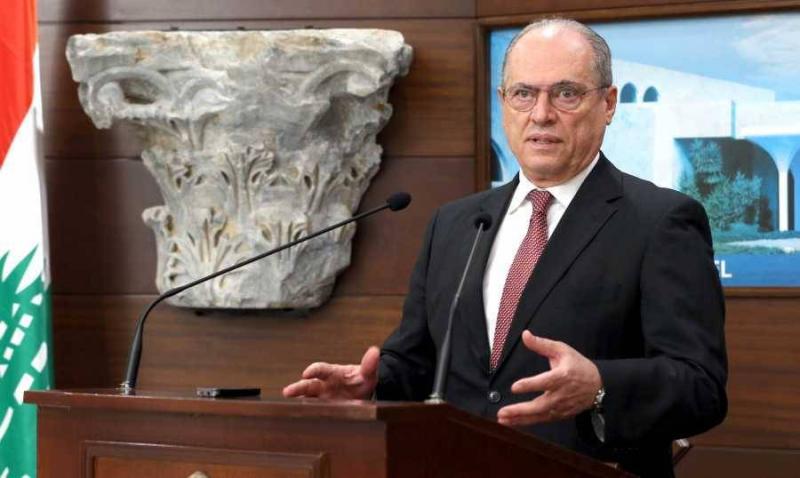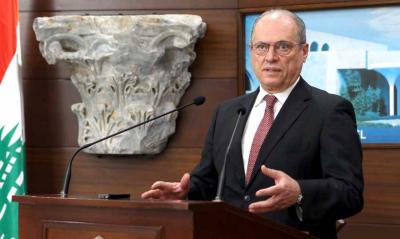The Deputy Prime Minister, Saad Al-Shami, clarified the objectives of the law aimed at addressing and reorganizing banking conditions, as well as the mechanism for drafting and quickly implementing the law. In a statement, he said: "As the draft of the law for addressing banking conditions and reorganizing them has been published in the media before being included on the Cabinet's agenda for discussion, and in light of some observations and communications that have been received, it is essential to clarify the objectives of the law and the mechanism for its drafting and swift implementation so that everyone is informed.
Firstly: The aim of the draft law is to ensure protection for legitimate deposits, enhance financial stability, and reactivate the banking sector to play its role in financing the private sector and citizens, stimulating growth, and placing Lebanon on the path to recovery. This will be done while considering the sustainability of public debt and the state's ability to provide public services without burdening citizens with additional tax burdens. There can be no economy without a banking sector and no growth without a private sector. The law also aims to reduce systemic risks related to the banking sector as a whole and diminish reliance on a cash economy, which, if continued, could cause significant harm to Lebanon and its relationships with correspondent banks and global financial institutions.
Secondly: This draft law has come to develop the previous project and integrate it with the "reorganization of the banking sector" law. Everyone must work together to expedite the issuance of the law because the time has come to address the situation of depositors, who are not at fault for what has occurred. They have suffered greatly and were forced to withdraw their deposits with large deductions until recently, following the instructions of the Central Bank over the past four years. No one can claim that addressing the crisis is possible without some pain, but we must all work to mitigate its impact as much as possible and emerge from the crisis as quickly as possible.
Thirdly: This law is the result of a joint effort between the government, the Central Bank of Lebanon, and the Banking Control Commission. The central bank and the supervisory authority are the main bodies responsible for addressing the situation of banks, and they are the ones with expertise, knowledge, and responsibility in this field, unlike any other group. This law has been drafted from A to Z by the Central Bank and the Banking Control Commission, and it must be said that they introduced new and valuable ideas that deserve thanks and appreciation beyond the previous project format, including increasing transparency, responsibility, and accountability while considering the basic framework of the government's recovery plan. This joint effort deserves praise and should be built upon.
Fourthly: The draft law is considered the best possible under the current difficult circumstances the country is experiencing, and we, as a working team, are ready to consider any observations and new ideas that add value to the law."




